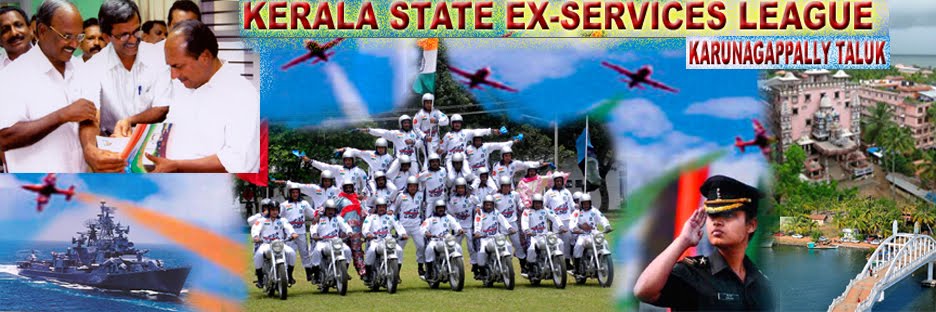One rank, one pension gets panel's backing
Parliament of India
(Rajya Sabha Secretariat)
(Rajya Sabha Secretariat)
Press Release
Hundred and Forty-second Report on the petition praying for grant of one rank one pension to the armed forces personnel.
The Committee on Petitions of Rajya Sabha under the Chairmanship of Shri Bhagat Singh Koshyari, MP, presented its Hundred and Forty-second Report to the Rajya Sabha on 19th December, 2011 on the petition praying for grant of one rank one pension to the armed forces personnel.
2. The Petition was submitted by Shri Sanjay Prabhu and others, resident of Bangalore and countersigned by Rajeev Chandrasekhar, MP, Rajya Sabha.
3. The Committee during the course of its deliberations interacted with the petitioners, representatives of Departments of Ex-servicemen Welfare (M/o Defence), Expenditure (M/o Finance) and Pensions and Pensioner’s Welfare (M/o Personnel, Public Grievances and Pensions) and some organizations/individuals.
4. Following are the important recommendations of the Committee:-
4.1 The Committee has taken note of the fact that a sum of Rs.1300 crores is the total financial liability for the year 2011-12 in case OROP is implemented fully for all the defence personnel in the country across the board. The Committee was informed that out of this, 1065 crores would go to retirees belonging to Post Below Officer Ranks (PBOR) while the Commissioned Officers would be getting the remaining i.e. 235 crores. The Committee felt that 1300 crores is not a very big amount for a country of our size and economy for meeting the long pending demand of the armed forces of the country. The Committee understand that this 1300 crores is the expenditure for one year which might increase at the rate of 10 percent annually. Even if it is so, the Committee does not consider this amount to be high, keeping in view the objective for which it would be spent.
(Para 11 of the Report)
4.2 The Committee was not convinced with the version of the Ministry of Finance that the grant of OROP to the defence personnel would eventually generate similar requests from the civilian work force of the country under the Central Government and the State Governments. The Committee feels so because of the quite different terms and conditions of service of the two different categories of employments. The terms and conditions of armed forces are tougher and harsher than the civilian
Government employee. On the issue of returning of service medals by the defence personnel of our country to the President of India in view of the Governments’ apathetic attitude towards their demand of grant of OROP, the Committee was of the view that our defence personnel should not feel alienated to this extent again and they are not forced to surrender their hard earned service medals in this manner to exhibit their discontent with the government policies.
Government employee. On the issue of returning of service medals by the defence personnel of our country to the President of India in view of the Governments’ apathetic attitude towards their demand of grant of OROP, the Committee was of the view that our defence personnel should not feel alienated to this extent again and they are not forced to surrender their hard earned service medals in this manner to exhibit their discontent with the government policies.
(Para 11.2 of the Report)
4.3 The Committee also felt that the decision of the Government to bring our defence personnel on the pattern of the civilians with regard to their pay, pension, etc. (from Third Central Pay Commission onwards) is not a considered decision which has caused hardship to the defence personnel and has given birth to their demand for OROP. The Committee understand that before the Third Central Pay Commission, the defence personnel were getting their pay / pension on the basis of separate criteria unconnected with the criteria devised for the civilian work force. That criteria acknowledged and covered the concept of OROP which has been given up after the Third Central Pay Commission.
(Para 11.4 of the Report

No comments:
Post a Comment